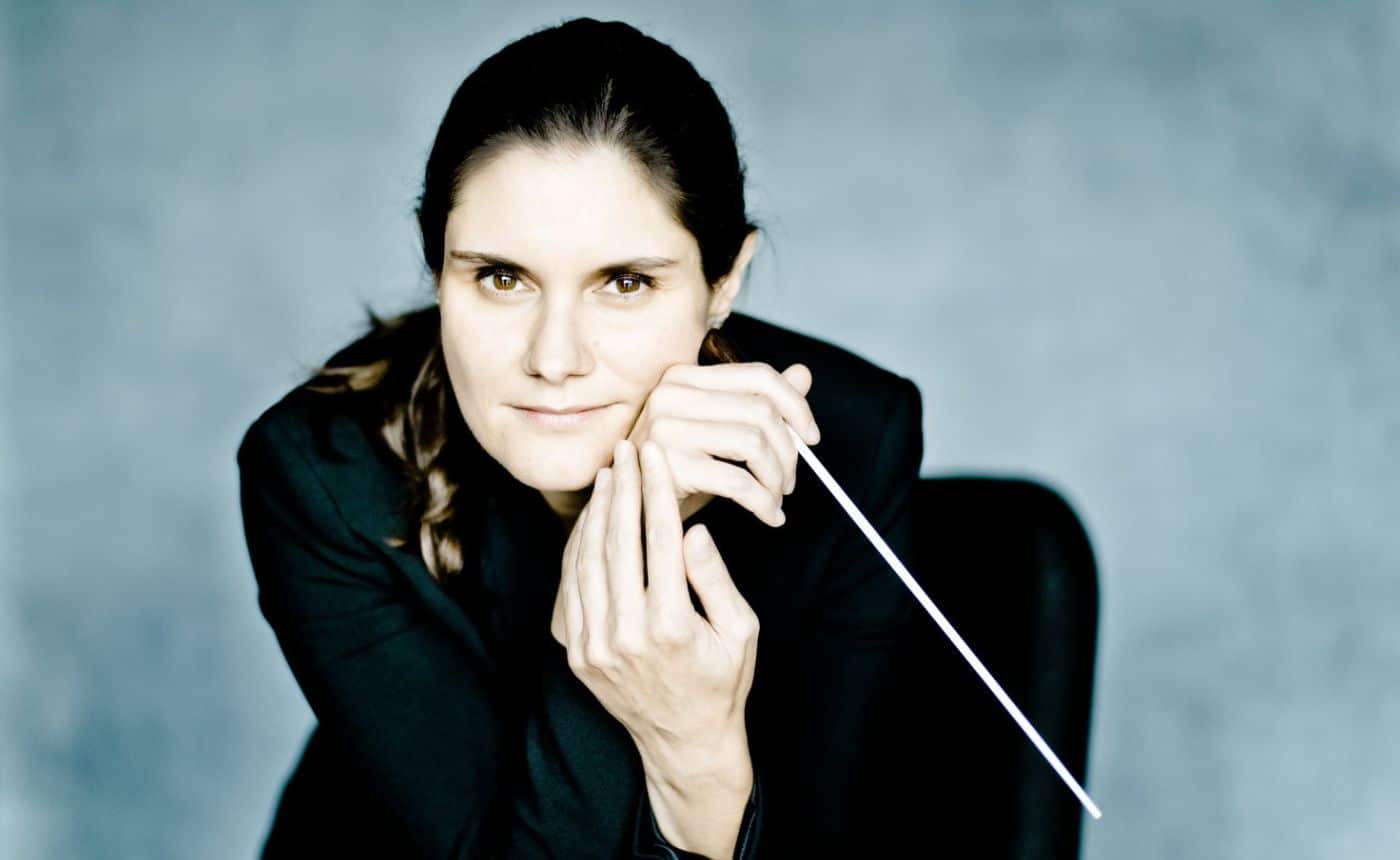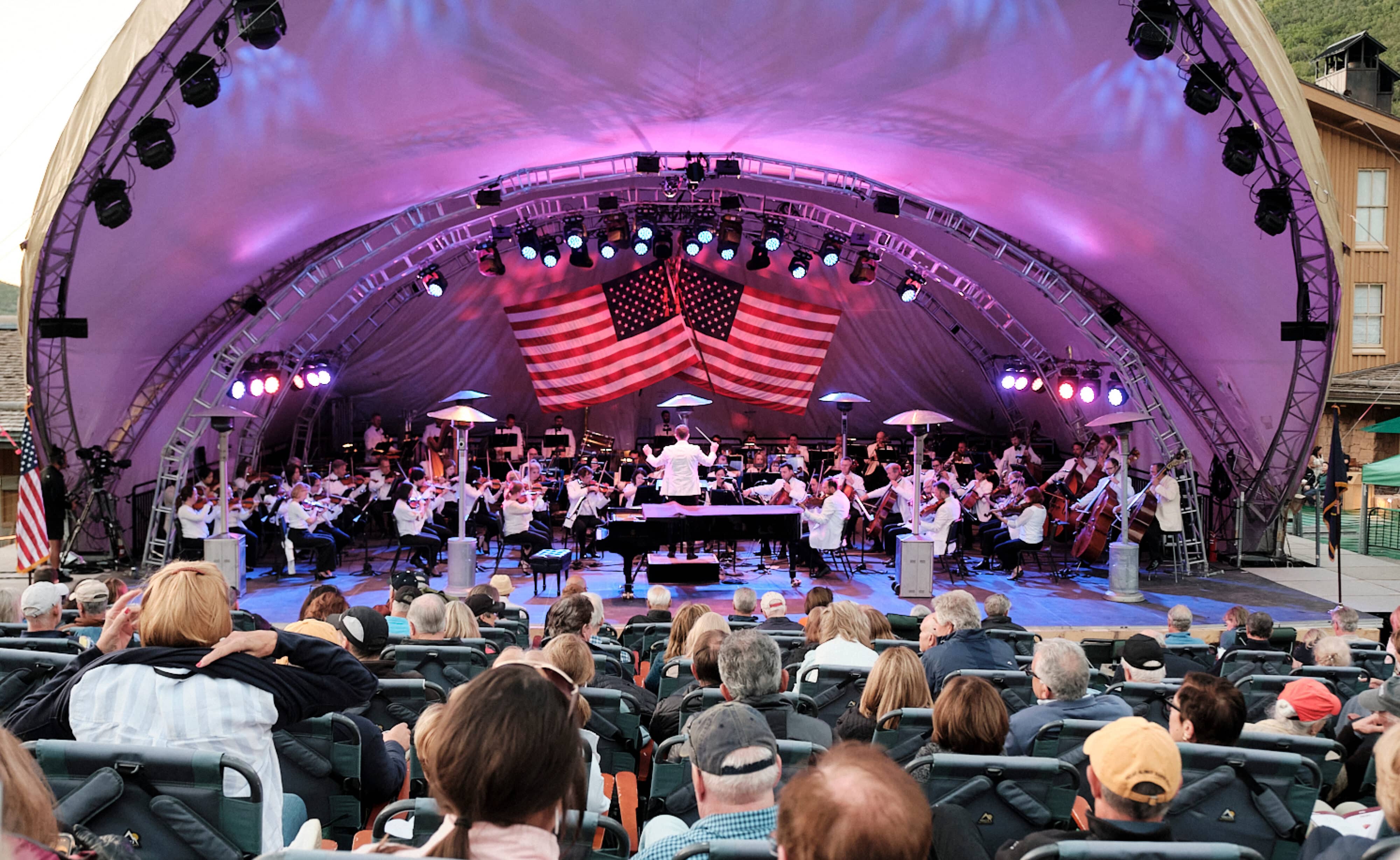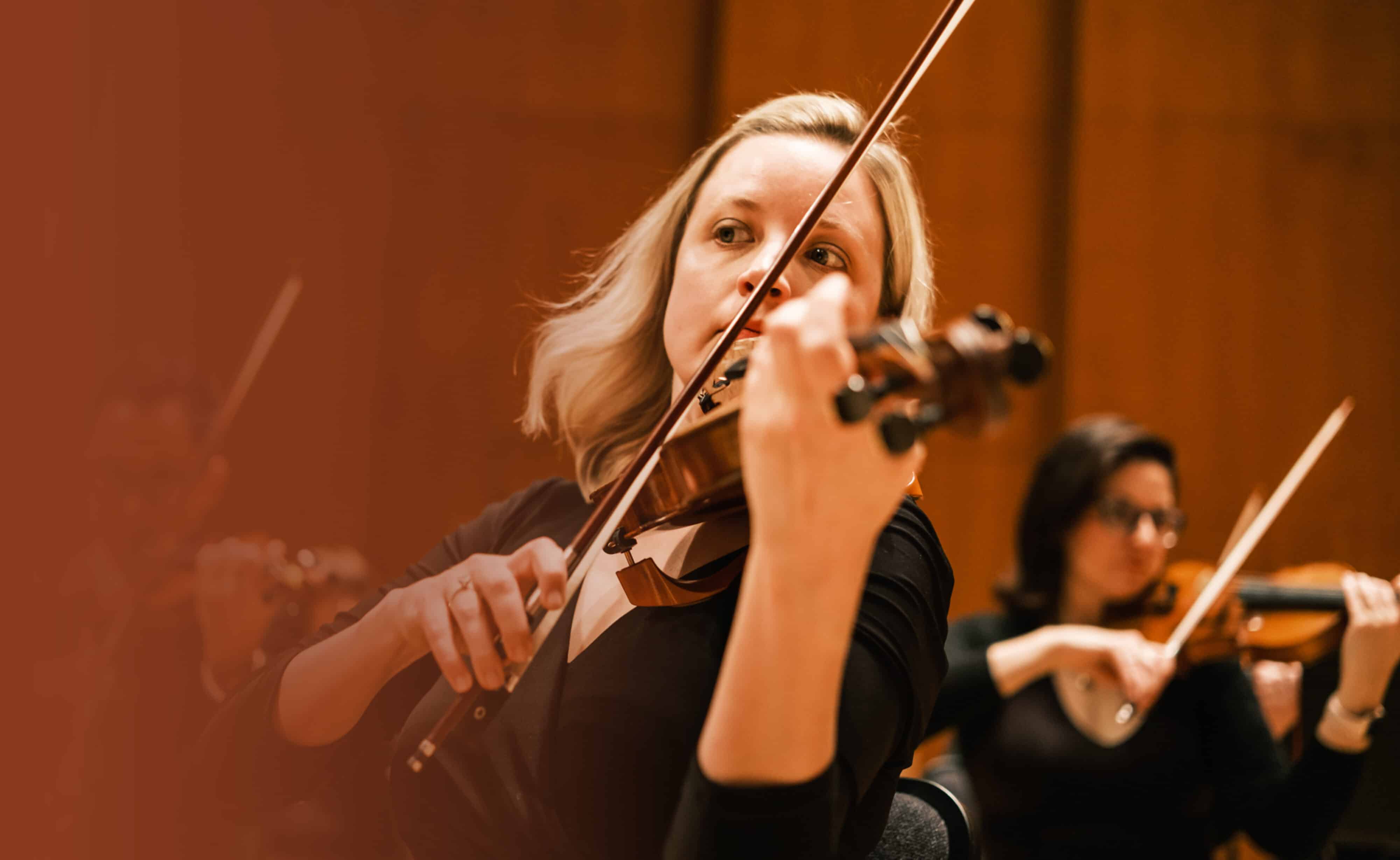Bernstein at 100: Celebrating the legacy of an American icon
by Erin Lunsford

When one considers what Bernstein gave to classical music, the scope and depth of his work are astounding. He was highly sought-after as a conductor, holding a long tenure as Music Director of the New York Philharmonic and guest conducting with some of the best orchestras in the world, most notably with the Vienna Philharmonic. Bernstein didn’t just conduct, though─also a highly skilled pianist, Bernstein often “play-conducted” the piano concertos of Ravel, Mozart, and others, always an impressive feat. Furthermore, Bernstein produced a staggering number of recordings with the New York Philharmonic and numerous other orchestras, many of which still stand as pillars in the recorded catalogue today. In fact, Bernstein was instrumental in the first complete recorded cycle of Mahler’s nine symphonies, from which Maurice Abravanel surely took inspiration when he recorded the same cycle with the Utah Symphony in the 1960s and 1970s.
Conducting was just one small piece of Bernstein’s legacy, however. Many of us also know and love him as a composer─his musical West Side Story was an immediate hit when it was released in 1957, and music from this groundbreaking work is still played by orchestras worldwide. He was able to capture the sound and mood of late 1950s New York City in this musical, and that’s a substantial part of what makes all of Bernstein’s music so captivating. He drew inspiration from styles that many may have considered to be at odds with each other─Austro-German classical music, jazz, Jewish music, and the idioms of Broadway musicals all found their way into his compositions to create a tapestry that is distinctively and uniquely American. And yet, the themes Bernstein conveyed in his music were themes of global importance. His favorite idea to come back to was the individual’s search for faith, an idea that remains especially relevant today─he explored this theme in his Symphony No. 2 “Age of Anxiety” as well as in Chichester Psalms, both of which will be performed during Utah Symphony’s “Bernstein at 100” festival.
Beyond these incredible accomplishments, each enough for one lifetime on their own, Bernstein also catapulted classical music into the public psyche by televising the New York Philharmonic’s young people’s concerts on primetime television, starting in 1954 and continuing for almost two decades. He taught millions of Americans how to appreciate classical music through a new and exciting entertainment medium, furthering the reach of the American orchestra and guaranteeing new audiences for the future. So in the year of Leonard Bernstein’s 100th birthday, the Utah Symphony pays homage to the man that transformed the American classical music scene, propelled it into the 20th century, and fostered generations of musicians and music-lovers alike.
Utah Symphony Artist Logistics Coordinator Erin Lunsford takes care of the many guest artists and guest conductors that perform with the orchestra and enjoys writing about music in her spare time. You can take a look at some of her other in-depth articles here and here.












